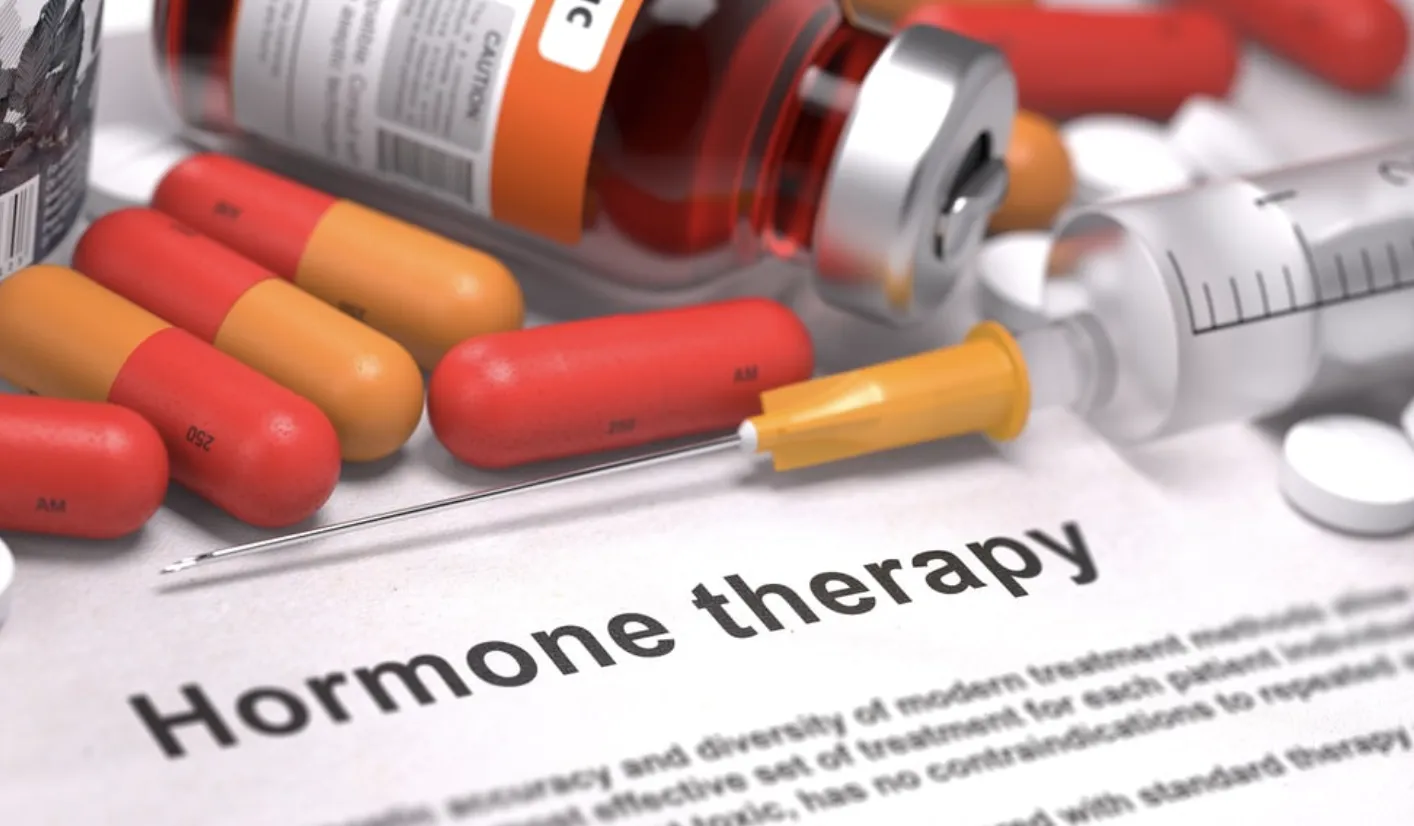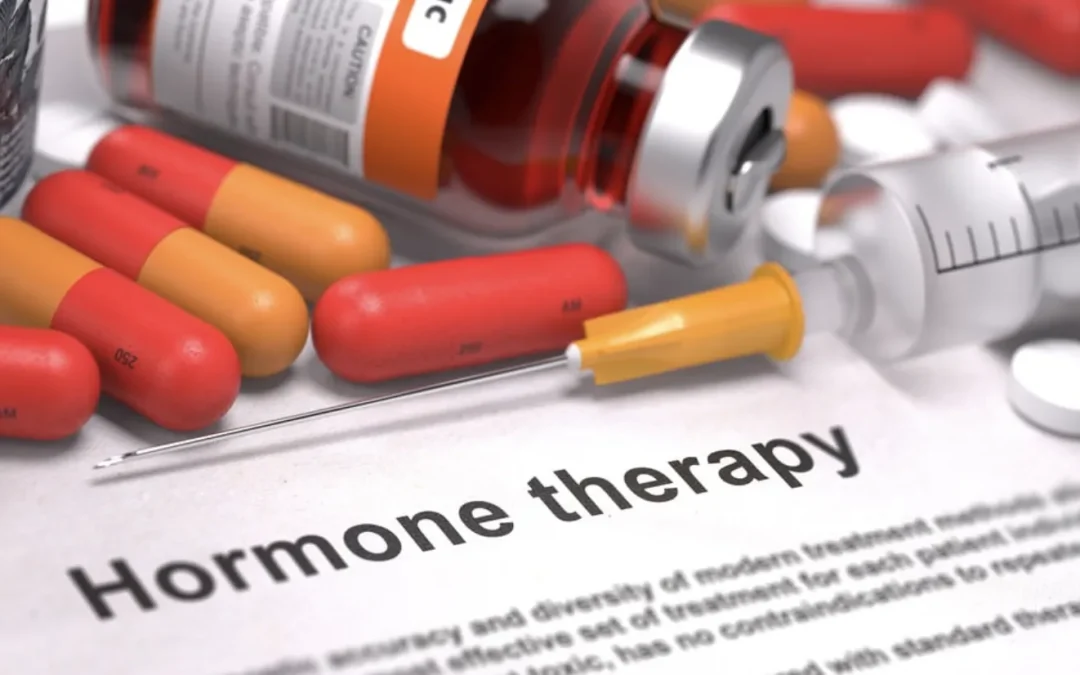
Progesterone is one of the primary hormones that impact a woman’s menstrual cycle. Nonetheless, today’s research has recognized that progesterone also plays a significant role in men’s health and well-being. It helps men in the bedroom. In some cases, our specialized physicians use progesterone treatment as an alternative to PDE5 inhibitors (erectile dysfunction medications) and help correct ED and other male-related health issues. Here are the main areas this therapy can help men improve their wellbeing.
Significantly helps with depression
Progesterone impacts neurotransmitters in the brain, particularly mood-enhancing dopamine with the production of serotonin, which helps in regulating mood and relieving anxiety. Our doctor recommends using the cream form instead of oral progesterone so it can bypass the liver and go right into the bloodstream.
Reduces the symptoms of Andropause (male menopause)
Men experience a similar hormonal change later in life called “andropause,” which is much less discussed than menopause. Lowered progesterone and testosterone levels are related to andropause, which includes side effects such as irritability, fatigue, anxiety, insomnia, and an enlarged prostate. Increasing progesterone and testosterone and reducing estrogen levels at the same time, significantly helps ease these symptoms.
It regulates blood sugar efficiently
Low progesterone contributes to hyperinsulinemia, which is an excessive concentration of insulin circulating through the bloodstream and high levels of insulin not only causes diabetes but weight gain. So, this can lead to obesity and obesity-related complications. Along with progesterone, testosterone is often low as well, and this is why is important to test for testosterone along with progesterone.
Can prevent prostate cancer and reduce high levels of estrogen in men
Progesterone after age 45 helps men avoid prostate cancer, and that is because it reduces the 5-alpha-reductase enzyme. This is an enzyme that catalyzes the conversion of testosterone to dihydrotestosterone (high levels cause hair loss) and estrogen (high levels may cause prostate or testicular cancer). So as men get older, estrogen levels increase, and progesterone levels decrease, which coincides with the same time in life that prostate cancer becomes a risk. Also, lowered progesterone levels in women are linked to increased risks of several diseases, including breast cancer.
Other common signs and symptoms of low progesterone in men include:
- Hair loss
- Erectile Dysfunction
- Poor sleep quality
- High blood pressure
- Osteopenia and osteoporosis
- Infertility
The point we are trying to make is that men need progesterone too. Not only is progesterone found in males, but men rely on the so-called “female hormone” to preserve their masculinity. The fact is, progesterone is a precursor to testosterone – the male sex hormone.
Get your hormones tested today
If you would like to clear any doubts or concerns in regards to any hormonal deficiencies or imbalances you may have, or simply don’t feel like your old and youthful self anymore, please call our main office and speak to one of our trained care coordinators for a free consultation. Take back control of your health today, you have nothing to lose and everything to gain by calling us today!

